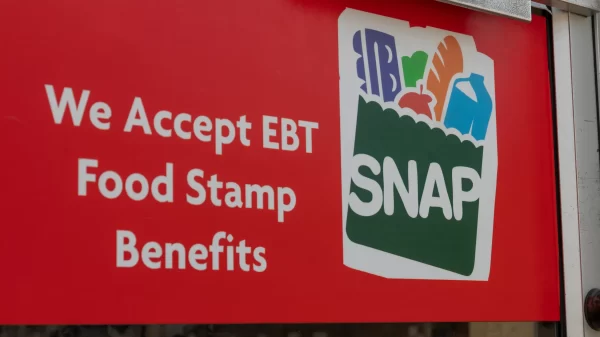By Lee Hedgepeth
Alabama Political Reporter
MONTGOMERY – Yesterday, the Alabama Department of Revenue released financial statistics revealing the 2013 incomes and expenses of the so-called Scholarship Granting Organizations created under the controversial Accountability Act. The report outlines how much each of the eight registered groups raised through a tax credit plan funded out of the Education Trust Fund Budget, as well as exactly how many scholarships the SGOs awarded to low-income children in failing school districts last year – and the data was staggering.
Under the Alabama Accountability Act, the Scholarship Granting Organizations are limited to receiving tax credit matched contributions up to a total cap of $25 million, a limit the entities had no problem nearly maxing out last year, despite an apparently nonexistent demand for the funding. All in all, $24,787,079 was raised in 2013 by SGOs to provide, according to the Alabama House GOP website, “tax credits for families in a chronically failing school to attend a nonpublic school or non-failing public school.”
Of the $24.8 million raised, a mere $24,290 was allocated to scholarships – .001 percent of total – including only nine students statewide, four of which would never have attended a school labeled as “failing” under the law.
About seventy percent of the money secured under the SGO provision, a total of nearly $18 million, was raised by one group – former Governor Bob Riley’s Alabama Opportunity Scholarship Fund, which according to the Department of Revenue did not award any scholarships to any students statewide in 2013.
Additionally, most of the funding acquired by Riley’s SGO (and therefore a vast majority of all of the tax breaks) came from big business sources, with the average of the twenty five tax credited contributions they received totaling about a quarter million dollars each.
These average donation figures did contrast those of other SGOs like Scholarships for Kids, which raise the second largest amount, about $6 million, with not 25 but 753 different donors, representing an average donation of only a little over $8,000. Like Riley’s SGO, though, Scholarship for Kids did not award a single scholarship in 2013.
Another SGO, Circle of Love Outreach, which awarded four of the nine scholarships in 2013, is explained in the report as having failed to file an annual report. Therefore, the report says, “the SGO has been removed from the list of SGOs participating in the Tax Credit Scholarship Program.”
Perhaps the most astonishing aspect of the report comes with the realization that with nearly no scholarship awards in 2013, administrative costs provided to the SGOs under the law will outnumber actual scholarship spending by fifty to one. According to the provisions of the AAA, each SGO is allowed to take five percent of any money raised annually as an administrative fee, a total in 2013 of over $1.2 million, compared to under $25,000 spent on actual student tuition scholarships. That statistic, while baffling, is perhaps eclipsed by the fact that as a year over year investment for 2013, the Alabama Accountability Act provided to the parents of low-income student more than a thousand times less than the amount of revenue lost to the Education Trust Fund Budget in the same time period.
In fact, as the Alabama Political Reporter has chronicled, the costs of the law have already trickled down to individual school districts. The Tallapoosa County Superintendent of Schools, for example, recently announced the termination of several library aide positions at schools countywide due to budget shortfalls caused by the Accountability Act.
“That was a $40 million cost to edication funding. Our share of that cost as a system was $268,000,” Superintendent Windle said. “That’s what it cost us.”
Although there was no ETF fiscal note attached to the bill that became the Alabama Accountability Act, it was well known that there would be some, then-unknown impact on the ETF budget due to the SGO program, costs of which were roughly estimated by the then House education budget committee to be between $50 and $60 million a year.
The Act has been ruled unconstitutional by a Montgomery Circuit Court Judge on several grounds, but he has stayed his ruling pending an appeal.















































